When you’re considering building an extension, it’s an exciting time. You’ll finally get the home you’ve always wanted – the perfect kitchen, a bigger living space, or maybe even a home office. But with this excitement comes the responsibility of finding a trustworthy builder who can bring your vision to life. This can be daunting, especially if you’re unfamiliar with the building industry.
The truth is not all builders are created equal. Some may promise the world but fail to deliver on their promises. Others may have the skills and experience but need more professionalism and communication skills to keep you in the loop. This is why finding a trustworthy builder is crucial. A reputable builder will complete the project to a high standard and keep you informed, stay on schedule, and work within your budget.
So, how do you find a trustworthy builder? In this article, we’ll take a closer look at the main things to consider before hiring a builder and provide you with a comprehensive guide to finding the right builder for your project. With our tips and advice, you can be confident that you’re making an informed decision when choosing a builder.
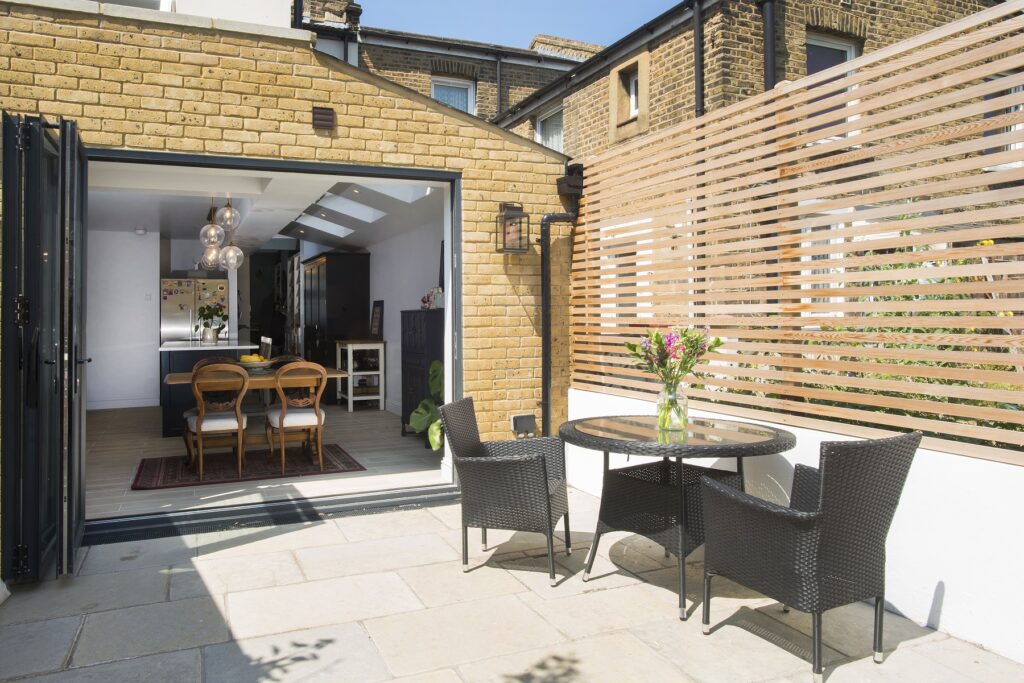
Licenses and Certifications
In the UK, there are several regulatory bodies that builders can be registered with, including the Federation of Master Builders and the National House Building Council (NHBC). Builders registered with these organisations have met specific standards, and their work is subject to regular checks and assessments.
So, when you’re looking for a trustworthy builder, be sure to check their licenses and certifications. You can ask for their registration number or check with the relevant regulatory body. This will give you peace of mind, knowing that your builder is qualified, reliable, and professional.
Experience and Reputation
An experienced builder has a proven track record of completing projects like yours. They know the ins and outs of the industry and have the knowledge and skills necessary to tackle complex projects and troubleshoot any problems that arise. In addition, they can offer practical advice and work with you to find solutions that fit your needs and budget.
Reputation is also important when it comes to choosing a builder. A good reputation means a builder has a history of delivering high-quality work and exceptional customer service. One of the best ways to assess a builder’s reputation is by checking their portfolio and previous projects. Look for examples of work that are like what you want and evaluate the quality of the finished product.
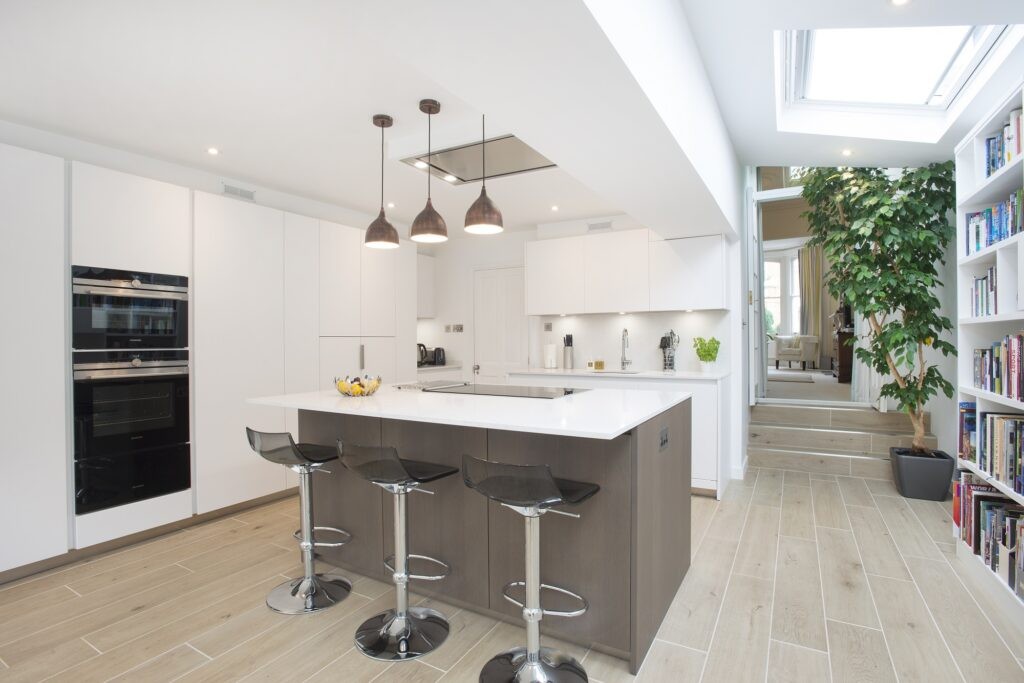
Insurance And Warranties
Building projects can be complex, and even the most experienced builders can make mistakes or face unforeseen challenges. That’s why it’s important to ensure that your builder has appropriate insurance coverage and offers warranties or guarantees for their work.
A trustworthy builder should have public liability insurance and an employer’s liability insurance. Public liability insurance protects you from damage to your property or personal injury caused by the builder, while employer’s liability insurance covers any injuries to workers on your property. Don’t be afraid to request a copy of their insurance policies.
In addition to insurance, it’s essential to check if your builder offers warranties or guarantees for their work. A warranty or guarantee will protect you in case defects, or issues arise after the project is completed. A good builder will provide clear documentation outlining the terms and conditions of the warranty or guarantee, including the duration, coverage, and any exclusions.
Communication and Transparency
It’s crucial to find a builder who is willing to take the time to explain their process, pricing, and timeline to you transparently and straightforwardly. Communication and transparency are essential to ensure a successful and stress-free project. Regular communication is also crucial to ensure you’re up to date with the project’s progress and any changes to the project scope or timeline. Good communication builds trust and ensures that the project stays on track.
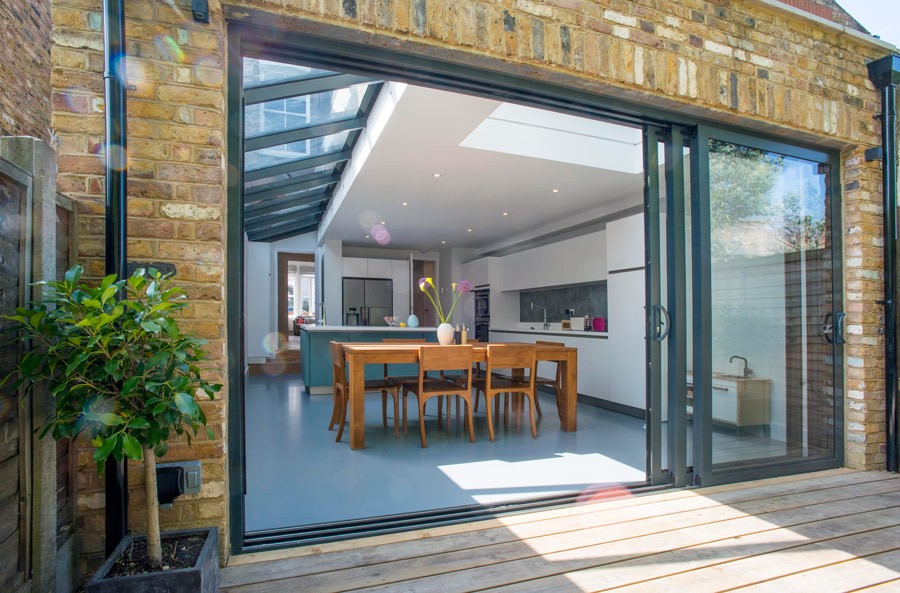
Contract and Agreements
When hiring a builder, having a detailed contract or agreement is essential to protect you and the builder. This document serves as a blueprint for the entire project, outlining all the essential details and terms of the project, including the materials to be used, the cost, the timeline, the payment schedule, and any changes that may occur during the project. Therefore, it’s essential to carefully review and understand the terms of the contract before signing it. The agreement should be clear, concise, and easy to understand so you know what to expect throughout the project.
Attention to Detail
Attention to detail is critical to ensuring that the final product is high quality and meets your expectations. Every detail counts when it comes to building an extension or renovating a home. A good builder will take the time to carefully consider every aspect of the project to ensure that it is completed to your satisfaction. They will ensure that everything is done to the highest standards and that all aspects of the project are carefully considered, from the materials used to the finishing touches.
Builders who take pride in their work will pay attention to every detail, both big and small. They will ensure that everything is done to the highest standard and that even the most minor details are taken care of. This includes ensuring that the walls are straight and accurate, that the floors are level, and that all fittings and finishes are installed correctly. They will also ensure that the project meets all building codes and regulations.
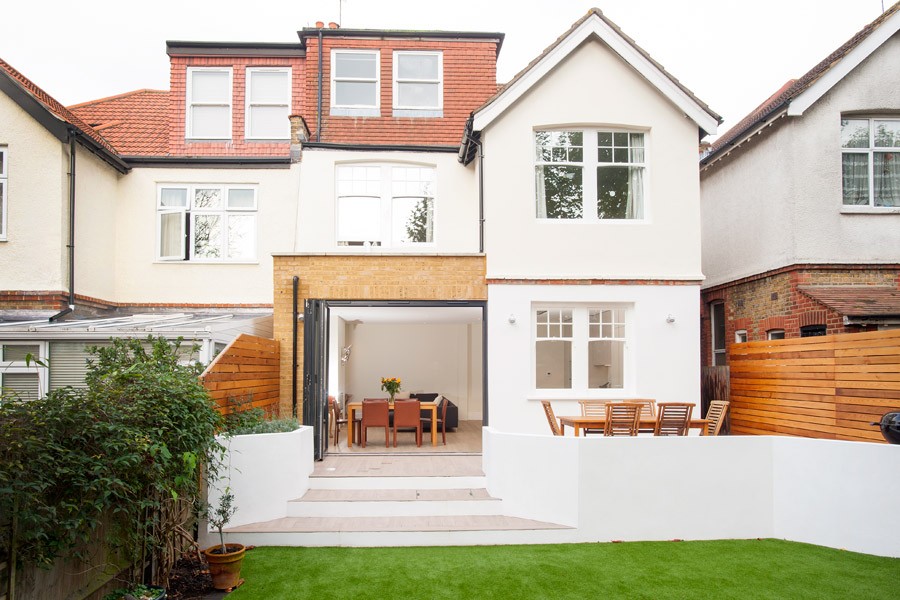
Permits and Regulations
Permits and regulations are essential considerations when hiring a builder in the UK. Building codes and regulations can vary depending on the location, and a reputable builder will be familiar with the specific codes and regulations that apply to your area. Obtaining the necessary permits and approvals can be a complicated process. However, a trustworthy builder can navigate the system to ensure that all the required permits and licenses are obtained before starting the project.
This will ensure that the project is completed legally and safely and avoid any legal issues or fines for non-compliance.
Maintenance and Support
Maintenance and support after the project completion are essential when looking for a trustworthy builder. Good builders will be committed to ensuring that the project remains in excellent condition and that you are satisfied with the results. In addition, look for a builder who provides a warranty or guarantee for their work, as this shows that they stand by the quality of their workmanship. A warranty will give you peace of mind, knowing that any issues that arise will be taken care of by the builder.
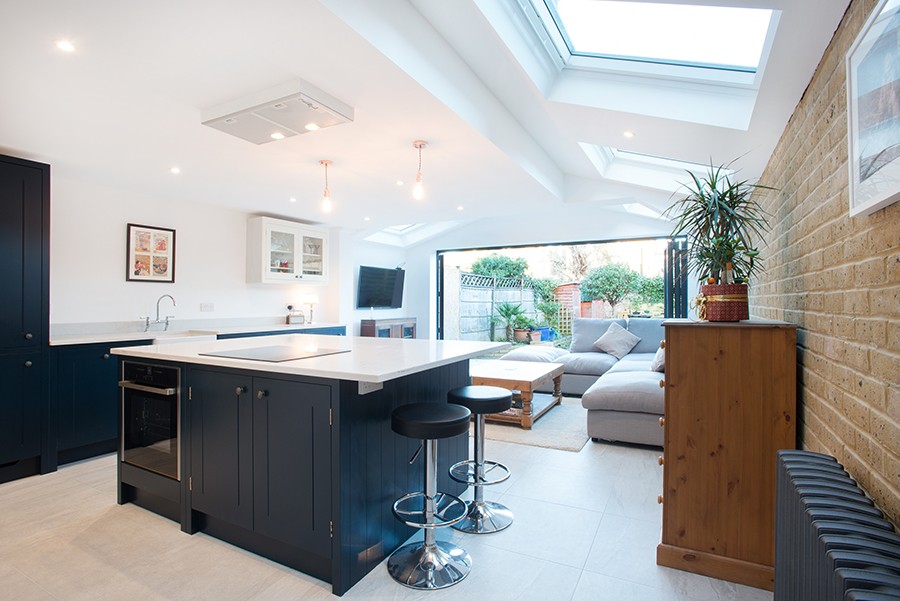
Quotes
Once you’ve found a few builders that are a good fit, the next step is to get quotes. However, before accepting any quote, it’s essential to carefully analyse the quotes and ensure they meet all your needs and expectations, from the breakdown of costs to payment schedules to project details and timelines. This will help you make an informed decision and avoid any unexpected costs during the project.
A Detailed Breakdown of Costs
A good builder will provide a thorough and transparent breakdown of all expenses associated with the project. This helps you understand the costs better and ensures no surprises or hidden fees later. The quote should also provide information about any additional charges, such as permits or other administrative costs, to avoid any unexpected expenses.
Payment terms
When it comes to payment terms, clarity is crucial to avoid any misunderstandings down the line. The quote should specify when payments are due, such as at the start of the project or specific milestones, and how they should be made. It’s important to ensure that you are comfortable with the payment schedule and that it is within your budget. If the payment terms seem unreasonable, feel free to negotiate with the builder to find a mutually acceptable solution.

Timeline and Scheduling
The quote should also include the scope of work to be completed each week or month to help you plan accordingly. A builder should provide an accurate and realistic timeline based on their experience and the project scope, allowing for any unforeseen delays or complications. A clear and detailed timeline also provides a basis for accountability and helps to ensure that the project stays on track.
Quality of Materials
When receiving quotes from builders, it’s important to pay attention to the quality of materials used for the project. The quote should provide a detailed description of the materials being used. This information will help you determine if the materials used are suitable for the job and are of good quality. A good builder will use the best materials for your budget and explain each material’s benefits and drawbacks.
Changes and extras
It’s important to be aware that changes or extras may occur, which will increase the project’s cost and the timeline for completion. However, if changes are necessary, it’s important to address them as soon as possible to avoid delays. In addition, the costs of these changes should be provided in writing and approved to avoid confusion or disagreements down the line.
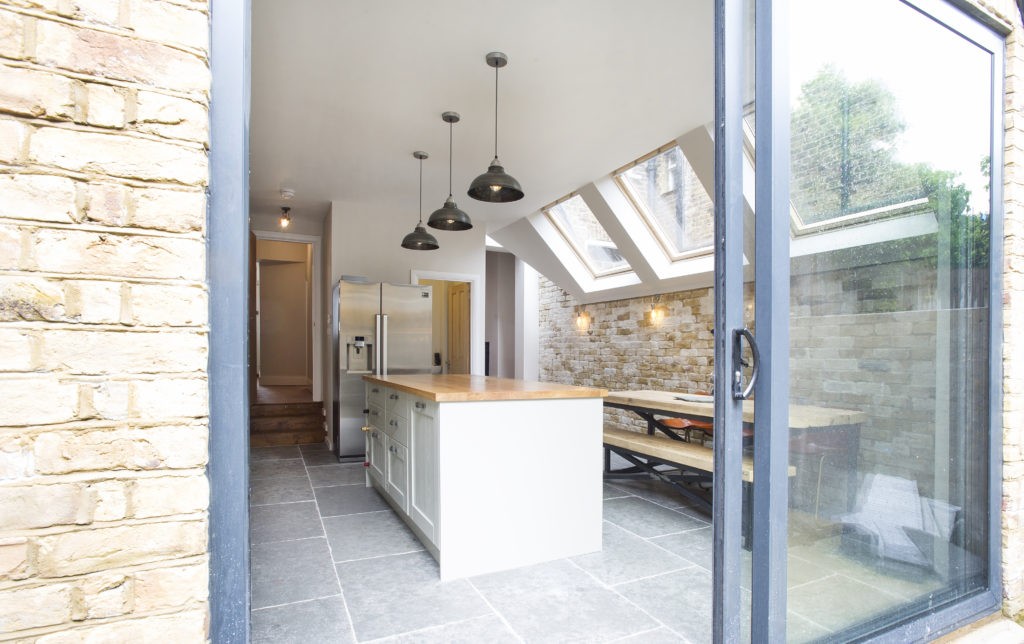
References and reputation
Don’t be afraid to ask for references. Contact previous clients and ask about their experience working with the builder. Did the builder complete the project on time and within budget? Was the quality of the work up to their standards? Did the builder communicate effectively throughout the process?
To ensure you’re getting a fair and competitive price, carefully review and compare the quotes from several builders. This will also allow you to ask questions and get clarification on any areas you’re unsure of before making a final decision.















